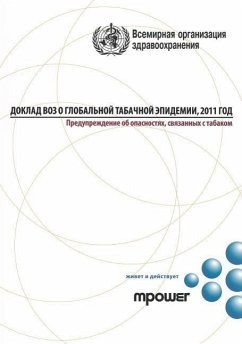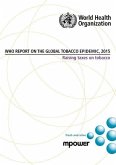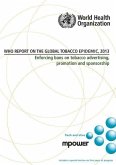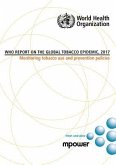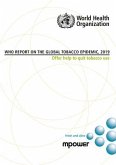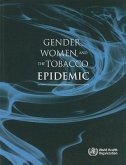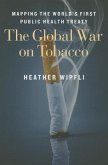The number of people now protected by tobacco control measures is growing at a remarkable pace. The progress made on adopting measures that reduce the demand for tobacco is a sign of the increasing impact of the WHO Framework Convention on Tobacco Control, which continues to be one of the most rapidly embraced, measurably successful treaties in United Nations history. This report, the third periodic country-level examination of the global tobacco epidemic, identifies the countries that have taken effective tobacco control measures that save lives. These countries can be held up as models of action for the many countries that need to do more to protect their people from the harms of tobacco use. Tobacco continues to kill nearly 6 million people each year, including more than 600 000 non-smokers who die from exposure to tobacco smoke. Up to half of the world s 1 billion smokers will eventually die of a tobacco-related disease. However, we have the power to change these circumstances. The focus of this report is on warning people about the harms of tobacco use. People have an inherent right to receive this information, and countries have an obligation to provide it. The two main types of warnings are examined: health warning labels on tobacco packages and national anti-tobacco mass media campaigns. Large and graphic warning labels and hard-hitting mass media campaigns have proven effective in reducing tobacco use and encouraging people to quit. This report presents for the first time detailed national-level data collected on a global basis for anti-tobacco mass media campaigns.
Hinweis: Dieser Artikel kann nur an eine deutsche Lieferadresse ausgeliefert werden.
Hinweis: Dieser Artikel kann nur an eine deutsche Lieferadresse ausgeliefert werden.

